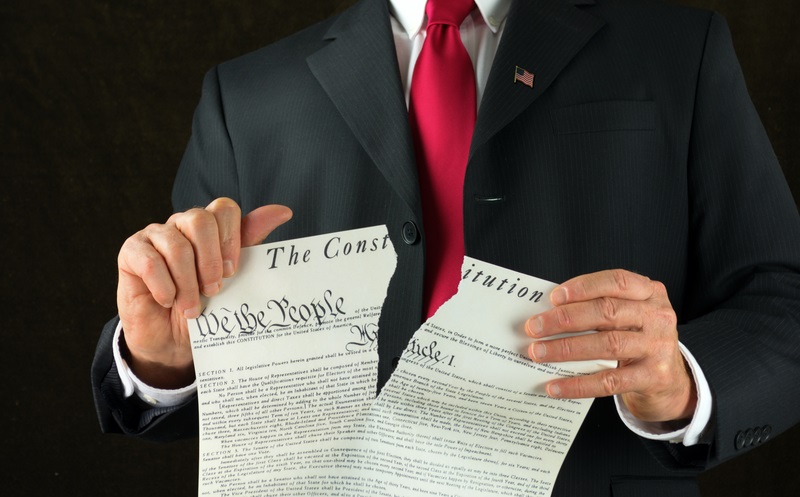New York Foreclosure Defenses - Unconscionability, Fraud, and General Business Law 349

Foreclosure Defense - Unconscionability
A mortgagor is bound by the terms of his mortgage contract and cannot be relieved from his default in the absence of oppressive or unconscionable conduct by the lender. Generally, unconscionability requires some showing of an absence of meaningful choice on the part of one of the parties together with contract terms which are unreasonably favorable to the other party. The common law definition of “oppressive” is conduct that is unjustly burdensome, harsh or merciless, and “unconscionable” is conduct that is monstrously harsh, that is shocking to the conscienceAs to the mortgage defense of unconscionability, the terms of the note and mortgage should show that no reasonable and competent person would accept them, so inequitable as to shock the conscience, or so unreasonable as to be unenforceable because of an absence of meaningful choice by the party together with contract terms which are unreasonably favorable to the other party. While substantive elements of unconscionability appear in the content of the contract, procedural elements must be identified by evidence of the contract formation process and the intent behind the choice. The substantive and procedural unconscionability operate on a sliding scale insofar as the more questionable the intent of the choice is, the less the imbalance in a contract's terms should be tolerated.
Should the unconscionability deal with deceptive acts used to conduct the transaction, common-law fraud or violations of General Business Law § 349[a] may be more applicable.
Foreclosure Defense - Common-Law Fraud
To make out a foreclosure defense of fraud, a defendant must establish that a material misrepresentation that has known to be false has been made with the intention of inducing a defendant’s reliance on the misstatement, which resulted in sustained damages. However, if the facts represented are not matters known to the lender making the misrepresentation, and the defendant has the means available to him of knowing, then the defendant must make use of those means and cannot allege misrepresentation.Foreclosure Defense – New York General Business Law § 349[a]
Section 349(a) of New York General Business Law declares unlawful any deceptive act or practice in the conduct of any business, trade or commerce or in the furnishing of any service in New York State. Although the statute is directed at wrongs against the consuming public, it also allows a foreclosure defense by a mortgagor who has been injured by a violation.To use General Business Law § 349 as a foreclosure defense, the defendant must show that the lender or servicer has engaged in consumer-oriented conduct that is materially misleading and employed standard or routine practices that potentially affected other consumers as it did to the defendant; and that the defendant suffered injury as a result of the deceptive act or practice. An act is deceptive if it is likely to mislead a reasonable consumer acting reasonably under the circumstances.
